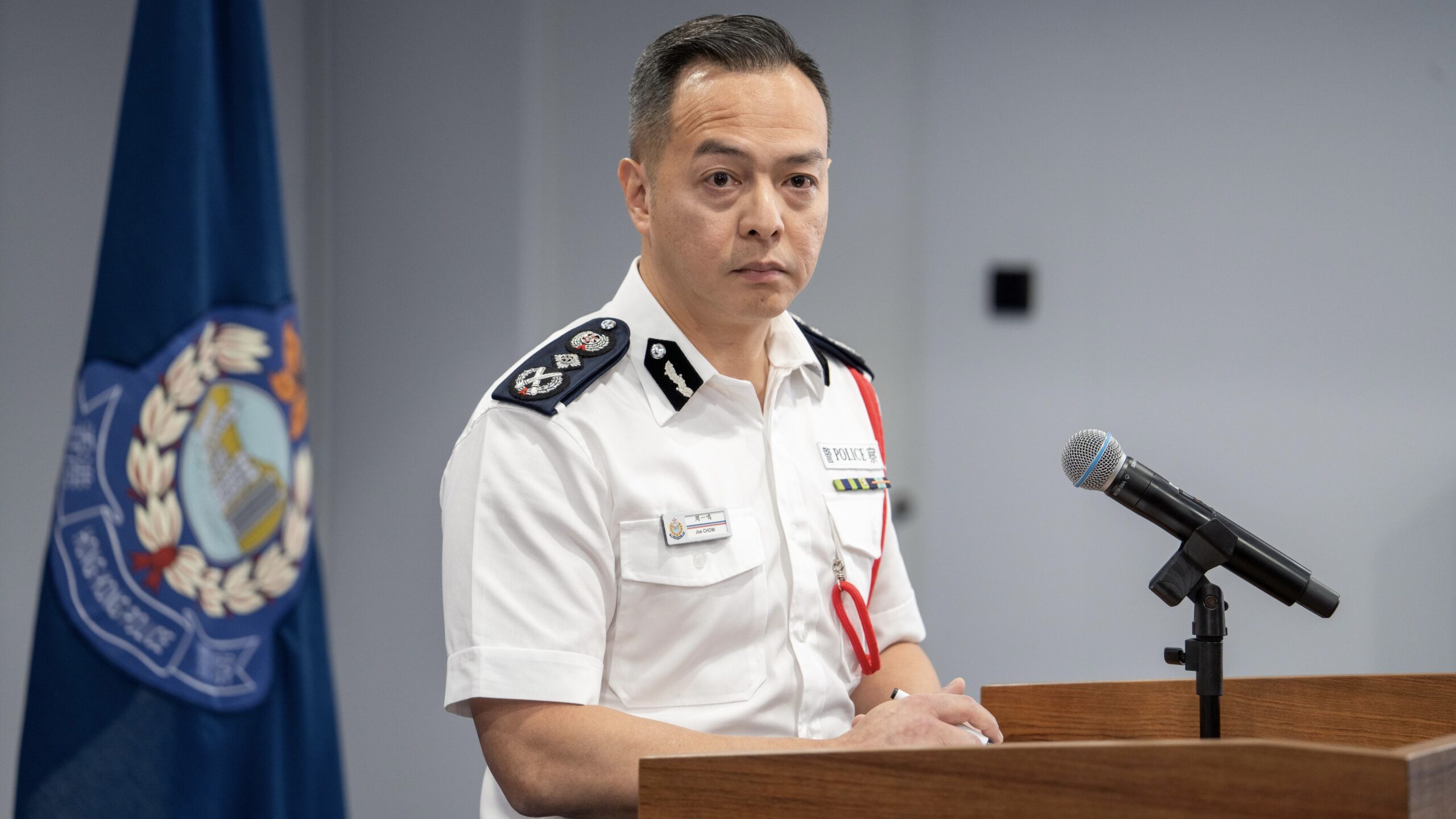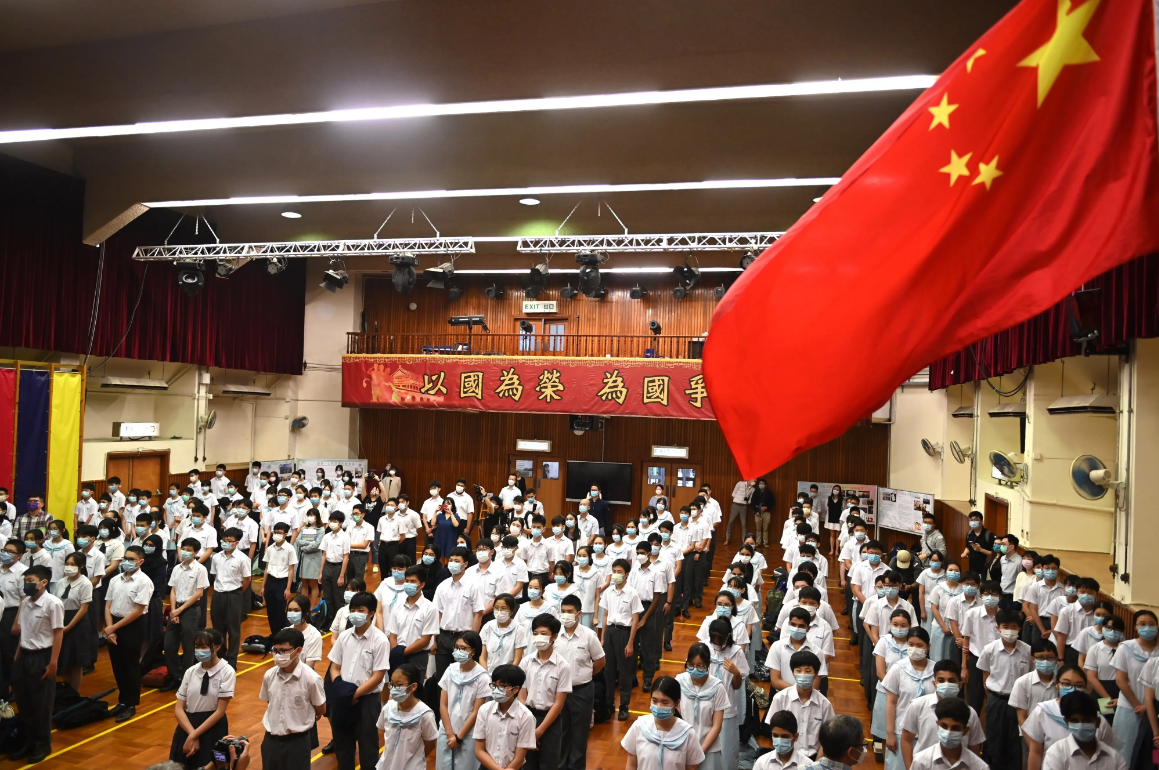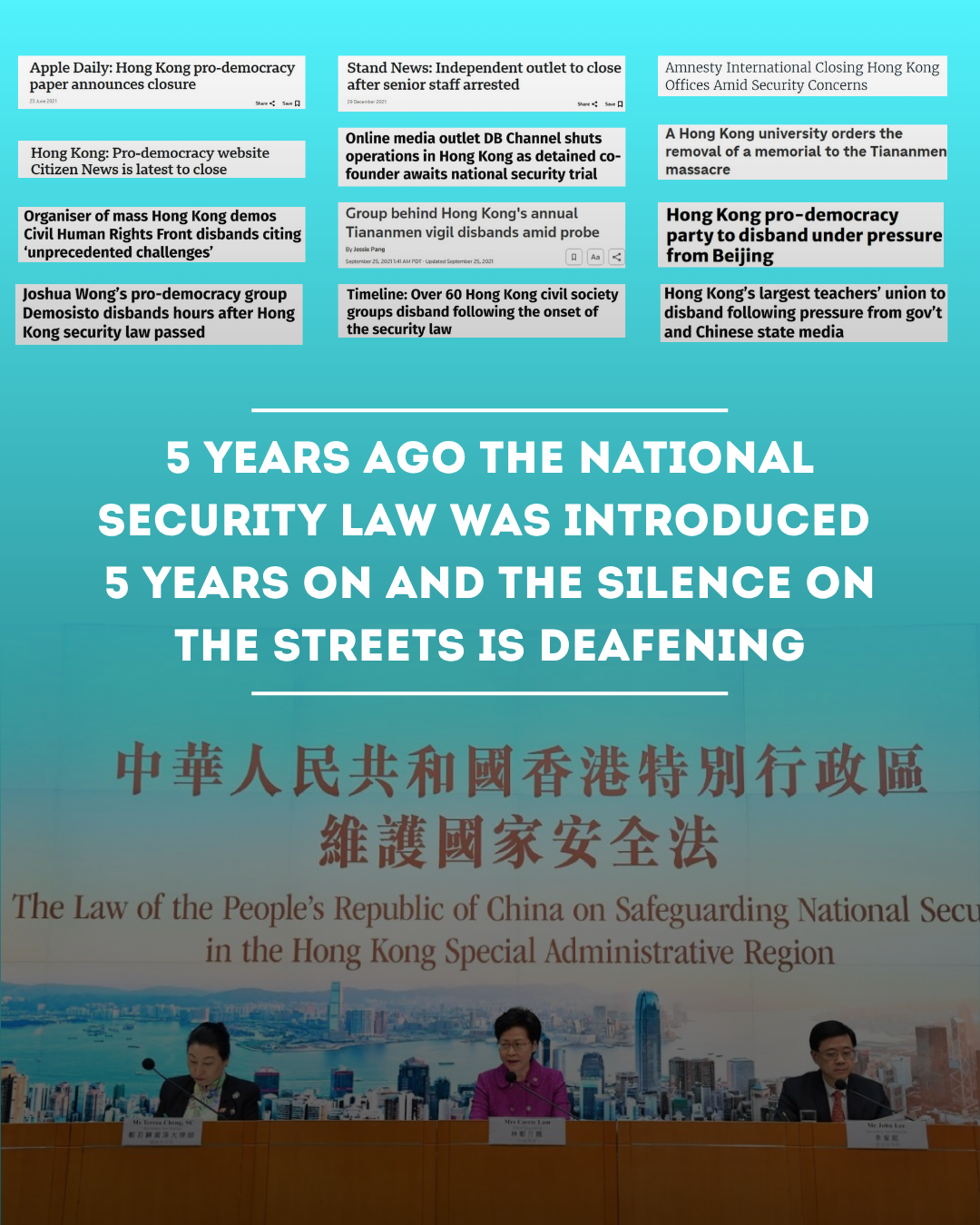The Issue
Despite the events of 2020, the U.S. government has provided no expedited routes for permanent resettlement for Hong Kongers fleeing the Chinese Communist Party’s persecution. Other U.S. allies like the United Kingdom (U.K.) stepped up, extending British National Overseas (BNO) status to more than 3 million eligible Hong Kongers. As of September 2023, the U.K. reports that over 190,000 Hong Kongers have applied for BNO visas. Nevertheless, the U.S. has only made a patchwork and temporary form of relief available to Hong Kongers. The U.S. should pursue options that offer permanent safe haven to Hong Kongers in need, including the thousands of political prisoners after they finish their sentences.
What forms of refugee relief does the U.S. have at its disposal?
On January 26, 2023, the Biden administration extended Deferred Enforced Departure (DED) to Hong Kongers. DED is “an administrative stay of removal” that does not confer any immigration status, meaning that to receive actual status they need to apply for asylum. The current DED is set to expire in January 2025.
The U.S. has several other proposed forms of refugee or asylum relief, including Temporary Protected Status (a form of DED), humanitarian parole, and Priority-2 (P-2) processing for religious groups under the Lautenberg amendment. All of these options fall short of a straight P-2 designation for Hong Kongers.
P-2 status for Hong Kongers is the best available option for Hong Kongers. When a group is designated as P-2, they are conferred the label of a “group of special humanitarian concern.” Applicants for P-2 still have to demonstrate that 1) they are a refugee, and 2) prove their individual case of persecution. P-2 applicants can apply from within their country of origin or from outside their home country. Unlike other refugee categories, P-2 recipients can bypass referrals from the United Nations High Commissioner for Refugees, an NGO, or an embassy which expedites the process of resettlement. They are subject to the same, stringent U.S.-based means of vetting a refugee’s fitness for eligibility to enter the U.S.
Once vetted, recipients of P-2 can resettle in the U.S. permanently. This stands in sharp contrast to the range of other options that Hong Kongers either already possess or are currently under consideration in the policy community.
Who has the authority to extend Priority-2 refugee status to Hong Kongers?
It is within the power of Congress or the administration to extend P-2 status to Hong Kongers. The President can decide to extend P-2 status to Hong Kongers (or any group) at any point in time, as we saw in the aftermath of the U.S. withdrawal from Afghanistan when Afghans were granted P-2 status. And past legislative efforts in Congress, like the Hong Kong Safe Harbor Act, seek to do the same. Doing so would provide Hong Kongers with an expedited means of resettlement that rightly recognizes the permanence of the changes in the city-state and offers them a permanent safe haven within U.S. borders.
How can the U.S. provide refugee relief to Hong Kongers?
-
Extend DED status beyond its January 2025 deadline. Persons with DED status who no longer desire to return to Hong Kong (or deem it impossible to return) should apply for asylum as soon as possible to remain in the U.S. DED protections should be renewed to give Hong Kongers currently in the U.S. the time they need to apply for asylum.
-
Grant Priority-2 (P-2) refugee status to Hong Kongers. Either Congress or the administration can extend P-2 status to Hong Kongers at any point in time but should do so as long as Hong Kong’s situation continues to worsen, which makes it hard for some Hong Kongers in the U.S. to return safely.
-
Partner with other allies to extend safe haven. Not all Hong Kongers will want to resettle in either the U.K. or the U.S., the U.S. should partner with other countries to ensure that Hong Kongers can resettle abroad.






